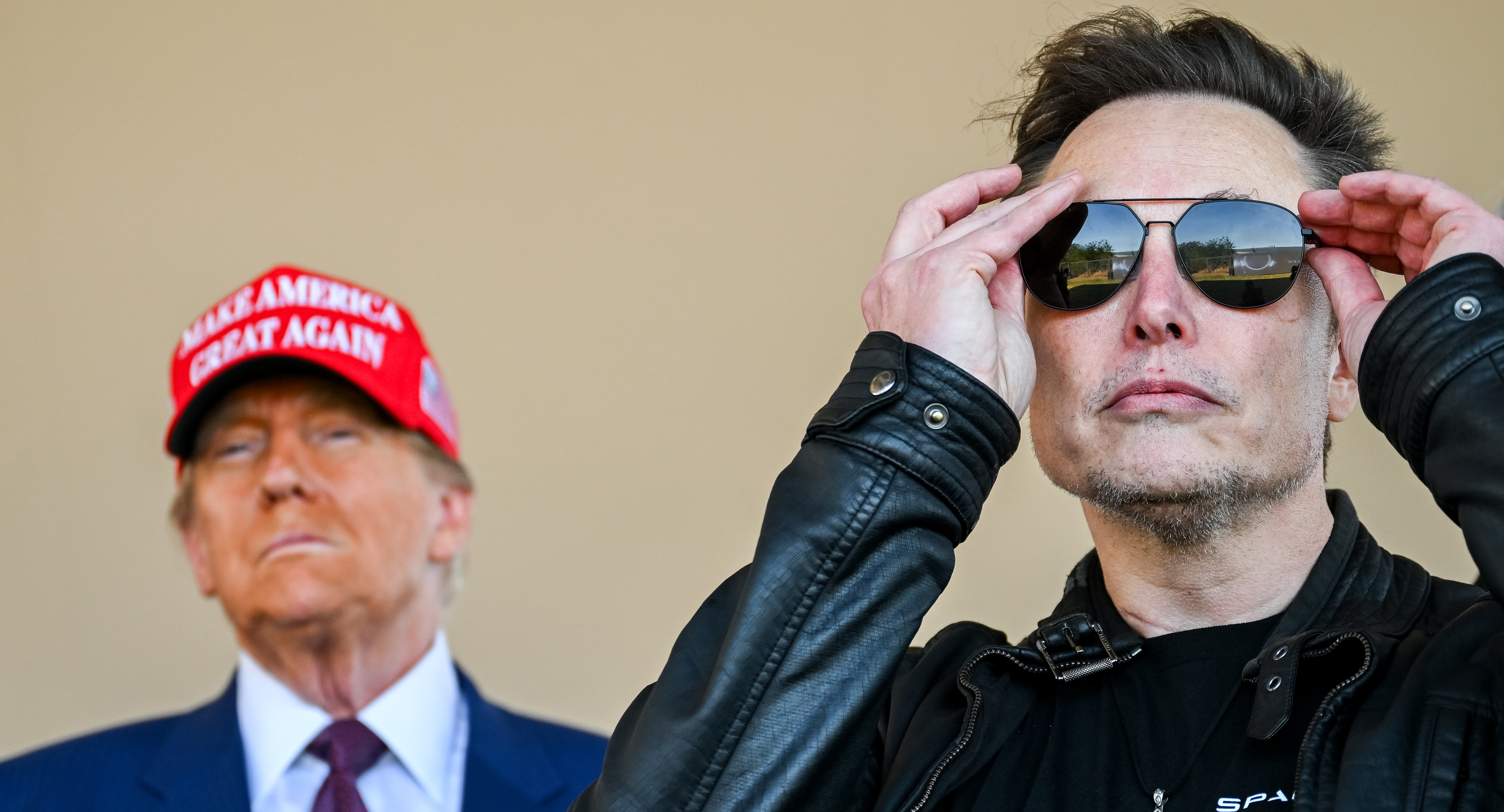Is the US about to go through a damaging State Capture moment?
This question has come to my mind as US President Donald Trump has embraced billionaire tech CEOs with aplomb. One CEO in particular, who has extreme wealth, power and influence, has unfettered access to government systems and decision-making under Trump.
There are early and modicum indications of State Capture happening in the US because one of the many hallmarks of this phenomenon is unelected individuals exerting undue influence over a country’s government.
South Africa – with its damaging history of a shadow government being led by members of the Gupta family and others who diverted billions of rands from state organs to line their pockets – can offer some salutary lessons to the US.
Although there is no evidence of public funds being stolen in the US on a grand scale, South Africa’s experiences with State Capture should serve as a cautionary tale.
Elon Musk is a tech oligarch who has wielded enormous influence in Trump’s administration. In its three weeks of existence, the administration has unleashed chaos and upended the world order.
No one elected Musk to anything, and voters did not give him an electoral mandate during the November 2024 elections.
However, Musk’s decisions in recent days – including taking over government payment systems, dismantling federal agencies, freezing aid funding and pushing staff to resign – seem like a power grab from the executive branch, led by Trump. From the outside, Musk looks like the de facto president.
From what little we know, Musk runs the newly established Department of Government Efficiency in Trump’s government. The department’s mandate is to cut bureaucracy and wasteful expenditure across every touchpoint of government – quite noble in theory, considering that governments around the world still struggle with efficiency and bloatedness.
However, the manner in which Musk’s department was established is concerning.
The department is not a government agency established by the US Congress, responsible for making laws, approving budgets and overseeing government structures. Musk’s department was created by Trump’s flurry of executive orders. The department is obscure because, unlike other departments, it doesn’t have clear goals and timelines for achieving them or measures of success or failure.
Senate minority leader Chuck Schumer and many of his colleagues have argued that Musk’s department has no authority to make spending decisions or shut down government programmes, or agencies.
More worrying is that there seems to be no clear governance and conflict-of-interest guardrails to ensure Musk doesn’t influence or lobby for government decisions that would enrich him and his business empire, such as tax cuts. After all, during Trump’s first presidency, he pushed through a tax law (known as the Tax Cuts and Jobs Act) in late 2017 that reduced, among other things, the corporate tax rate from 35% to 21%.
The law has largely conferred greater benefits to the rich, including Musk, compared with middle-income consumers. According to the Brookings Institution think tank, by 2027 the benefits of Trump’s tax law and overhaul would have flowed entirely to the rich.
Most provisions of Trump’s tax law are set to expire at the end of 2025, including deductions on individual income tax rates, tax deductions for businesses, and estates. Trump wants to extend the provisions and include new measures to slash more taxes. Musk, a likely beneficiary of Trump’s tax benevolence, should be far away from negotiations aimed at extending the Tax Cuts and Jobs Act.
For State Capture to be successful in South Africa, it required a systemic and coordinated weakening of the state and law enforcement agencies so that wrongdoers could not be successfully prosecuted. Both were successfully weakened.
Thank goodness the judiciary was spared; it remained independent and strong enough to counter capture forces during Jacob Zuma’s presidency. During his presidency State Capture thrived, the Zondo Commission of Inquiry found.
During Zuma’s nine-year presidency, the judiciary saved South Africa from collapse and blocked further theft of taxpayer funds. The courts blocked, among other things, the extension of a costly and irregular social grant distribution contract to a company formerly known as Net1 and a nuclear energy deal with Russia that would have bankrupted public finances. Courts still play a crucial role in restorative justice and bringing State Capture architects to book.
I’m afraid that the judiciary in the US may not be as strong and independent. Take the Supreme Court in the US, equivalent to South Africa’s Constitutional Court. During his first presidential term, Trump packed the Supreme Court with his loyalists by appointing three justices. The court has nine justices and a conservative majority that recently overturned abortion rights.
It would be foolhardy to conclude that State Capture in the US is happening so early in Trump’s presidency and that the judiciary is compromised. However, now more than ever, Americans must be vigilant and draw lessons from South Africa’s dark State Capture past. DM
If you wish to comment on this issue, please send an email to letters@dailymaverick.co.za
Business Maverick
After the Bell: A State Capture warning for the US
Although there is no evidence of grand-scale theft of public funds in the US, Elon Musk’s power grab from Donald Trump conjures up fears of State Capture.





